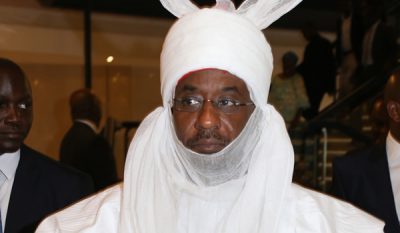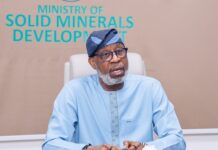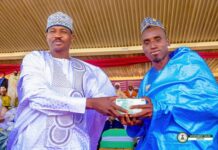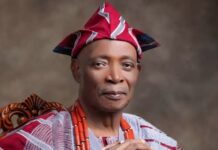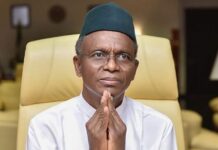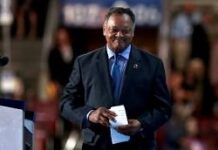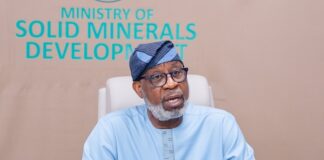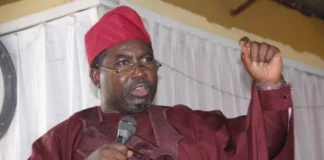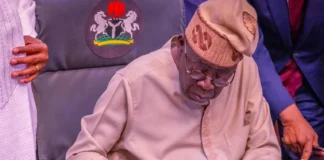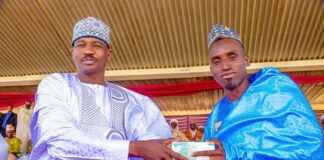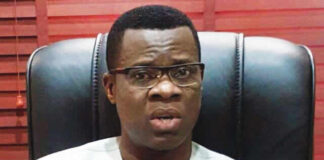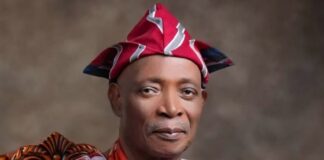The Emir of Kano, Muhammad Sanusi II, has said the “unfavourable economic policies” which would hamper President Muhammadu Buhari’s fight against poverty may put the nation on verge of bankruptcy.
Sanusi spoke at a workshop organised by the office of the accountant-general of the federation at government house, Kano.
The emir opposed subsidising petroleum products and electricity tariff.
Sanusi, a former governor of the Central Bank of Nigeria (CBN), advised the Buhari administration to take a different stance, saying for 30 years, successive governments “have had this project called petroleum subsidy”.
He said the time had come to stop subsidy so as to save the nation’s economy.
“We are heading to bankruptcy… what happened is that the federal government pays petroleum subsidy, pays electricity tariff subsidy, and if there is a rise in interest rates, the federal government pays,” he said.
“What is more life-threatening than the subsidy that we have to sacrifice education, health sector and infrastructure for us to have cheap petroleum.
“If truly President Buhari is fighting poverty, he should remove the risk on the national financial sector and stop the subsidy regime which is fraudulent.”
Sanusi asked Buhari to tell Nigerians the fact about the economic situation and also act quickly on this.
“Since I have decided to come here, you have to accept what I have said here. And please, if you do not want to hear the truth, never invite me,” he said.
“So, let us talk about the state of public finance in Nigeria. We have a number of very difficult decisions that we must make, and we should face the reality. His Excellency, the president, said in his inaugural speech that his government would like to lift 100 million people out of poverty, it was a speech that was well received not only in this country, but worldwide.
“The number of people living with poverty in Nigeria is frightening. By 2050, 85 percent of those living in extreme poverty in the world will be from the African continent. And Nigeria and the Democratic Republic of Congo will take the lead.
“Two days ago, I read that the percentage of government revenue going to debt services has risen to 70 percent. These numbers are not lying. They are public numbers. I read them in the newspapers. When you are spending 70 percent of your revenue on debt servicing, then you are managing 30 percent.
“And then, you continue subsidising petroleum products; and spending N1.5 trillion per annum on petroleum subsidy! And then we are subsidizsng electricity tariff.
“And maybe, you have to borrow from the capital market or the Central Bank of Nigeria to service the shortfall in the electricity tariff, where is the money to pay salaries, where is the money for education, where other government projects?”

